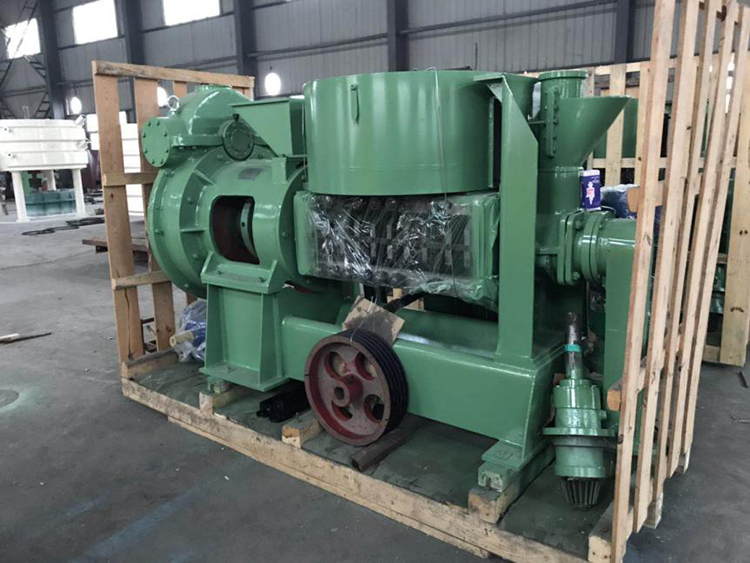ຕ.ລ. . 14, 2024 09:20 Back to list
Small Scale Edible Oil Refinery Plant Manufacturers and Suppliers
Small Edible Oil Refinery Plant A Promising Venture for Entrepreneurs
The edible oil industry has emerged as a vital sector in the global economy, given the increasing demand for cooking oils across various cuisines and cultures. With a growing population and an expanding middle class, the prospects for investing in a small edible oil refinery plant have never been brighter. This article delves into the significance, benefits, and operational aspects of setting up a small-scale edible oil refinery.
Understanding the Edible Oil Refining Process
Edible oil refining involves several key processes that transform crude oil into a product that is safe and suitable for consumption. These processes include degumming, neutralization, bleaching, and deodorization. Each step aims to remove impurities, improve color, and enhance the flavor of the oil, ensuring that the final product meets the quality standards required for marketing.
1. Degumming This is the first step where water or acid is used to hydrate and remove phosphatides present in the crude oil. 2. Neutralization In this process, free fatty acids are removed using an alkali solution, thus neutralizing the oil and improving its shelf life. 3. Bleaching The oil is treated with bleaching earth or activated carbon to remove color and any remaining impurities. 4. Deodorization Finally, the oil is subjected to high temperatures to eliminate volatile compounds that contribute to undesirable odors and flavors.
Benefits of Starting a Small Edible Oil Refinery
1. Rising Demand The global appetite for healthy cooking oils continues to soar. Consumers are becoming more conscious of the oils they use, driving demand for refined oils that are free from harmful contaminants. 2. Accessibility to Raw Materials Many regions have easy access to raw materials such as seeds and nuts, which can be processed into various edible oils. This allows for a steady supply chain and encourages local economic growth.
3. Diverse Product Line A small refinery can produce a range of oils, such as sunflower, canola, soybean, and palm oil. This diversity can cater to different consumer preferences and enhance marketability.
4. Lower Investment and Operational Costs Small refining plants often require less capital to set up and maintain compared to larger facilities, making it an appealing option for aspiring entrepreneurs. With the right technology and machinery, a small plant can operate efficiently and profitably.
small edible oil refinery plant company

Operational Considerations
1. Choosing the Right Location Selecting a strategic location is crucial for both sourcing raw materials and distributing the finished product. Proximity to agricultural sources can minimize transportation costs.
2. Regulatory Compliance It is essential to adhere to local food safety regulations and standards. Obtaining the necessary licenses and certifications will ensure that the refinery operates within legal frameworks and maintains product quality.
3. Investing in Technology Modern refining technologies can significantly improve efficiency and yield. Investing in high-quality machinery not only reduces waste but also enhances the quality of the final product.
4. Quality Control Implementing stringent quality control measures is vital to ensuring that the oil produced meets health and safety standards. Regularly testing batches of oil helps maintain consistency and builds consumer trust.
5. Marketing Strategy A well-thought-out marketing strategy is essential for success. Engaging with local communities, promoting health benefits, and establishing a strong brand identity will help attract customers.
Conclusion
The establishment of a small edible oil refinery plant presents a lucrative opportunity for entrepreneurs seeking to tap into the growing edible oil market. With rising demand for quality oils, accessibility to raw materials, and lower operational costs, this venture holds substantial promise. By focusing on quality, regulatory compliance, and effective marketing, aspiring refinery owners can carve a niche for themselves in this vibrant industry, contributing positively to both their communities and the economy. Investing in a small edible oil refinery is not just a business opportunity; it’s a chance to fuel the future of nutritious cooking oils.
-
High-Efficiency Food Oil Refined Machine Supplier – Leading Exporters & Trusted Companies
NewsJul.05,2025
-
High-Efficiency Centrifuge Machine - Reliable Factories & Top Suppliers
NewsJul.05,2025
-
High-Efficiency Oil Seed Press Line – Leading Exporters & Trusted Companies
NewsJul.05,2025
-
High-Efficiency Oil Seed Press Line Trusted Exporters & Leading Companies
NewsJul.04,2025
-
Continuous Horizontal Vacuum Belt Filter - Reliable Filtration Solutions for Industrial Needs
NewsJul.04,2025
-
Sunflower Oil Seed Press Machine - High Efficiency, Durable & Cost-effective Extraction
NewsJun.24,2025
